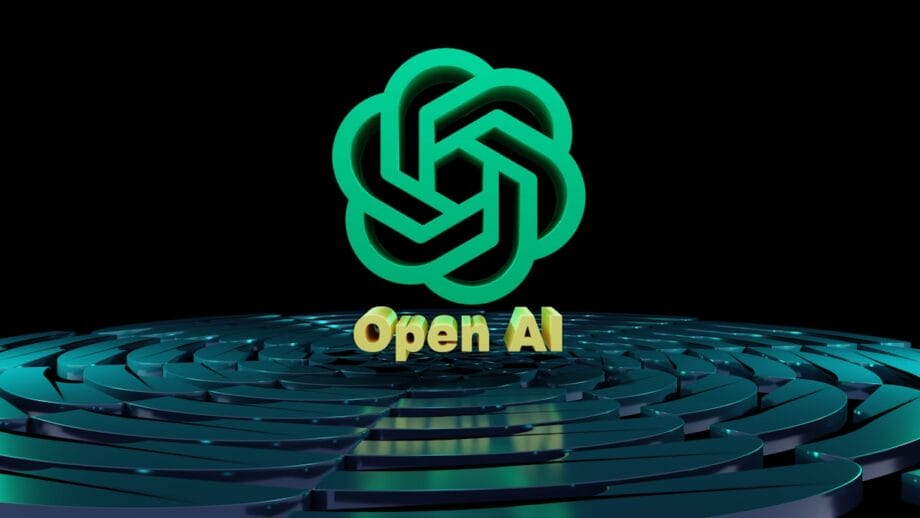Investment in AI and Stargate Argentina Project Raises Questions Amidst Political Context
A substantial financial influx into Artificial Intelligence within Patagonia, coupled with the introduction of the Stargate Argentina initiative, has been heralded as a historic endeavor.
However, in the midst of a tense electoral and geopolitical climate, one must ponder not merely what is proposed, but for whom, with what intent, and adhering to what regulations.
On Friday, an announcement steeped in both grandeur and sentimentality was jointly issued by the global technology titan OpenAI, the domestic entity Sur Energy, and the Argentine government, aimed at establishing a monumental AI data center in Patagonia.
This launch featured a video address from OpenAI’s CEO, Sam Altman, recognized globally as a key figure in the AI realm, articulating a shared ambition to position Argentina at the leading edge of the digital era.
Nevertheless, beyond the fervor of the oratory, this event warrants a meticulous critique that considers the intricate political, geopolitical, and corporate backdrops in which it unfolds.
What is branded as innovation may, under certain circumstances, also function as a vehicle for propaganda.
The public manifestation of this project—along with Altman’s endorsement of President Milei—comes at a critical juncture, mere weeks ahead of national elections.
As the government confronts significant challenges, this timing transforms a potentially promising development into an act of political legitimization.
The narrative of “shared innovation” serves as a symbolic endorsement capable of influencing public perception, often eclipsing the underlying realities.
It is imperative to recognize that such symbolic actions, despite not constituting electoral interference in a strict legal sense, yield palpable political ramifications: they confer reputational value, particularly when championed by esteemed global figures.
Question marks also loom over Sur Energy, which Altman labeled as one of Argentina’s premier energy firms—a characterization that demands further investigation.
Reports indicate that while OpenAI is poised to procure all output from the data center—which, in essence, does not signify a direct monetary investment—its collaborator, Sur Energy, assumes responsibility for securing the construction company and orchestrating the financial consortium for the project, a task that epitomizes the complexity of such infrastructural endeavors.
Without diminishing the entrepreneurial spirit, Sur Energy is relatively obscure, lacking visible credentials associated with extensive technological infrastructure.
Its rapid elevation to a principal role in a project valued at up to $25 billion incites genuine inquiries regarding the structure of this alliance—questions that should decisively be addressed in the spirit of transparency.
The announcement also demands scrutiny in light of the recent $20 billion currency swap facilitated by the United States government to Argentina.
According to U.S. Treasury Secretary Scott Bessent, the arrangement is predicated on President Milei’s assurance to extricate China from Argentina.
This technological investment could be interpreted as part of a geopolitical recalibration where the placement of digital infrastructure acts as a tool for international alignment rather than serving purely as an inclusive development mechanism.
While OpenAI advocates for its mission of advancing Artificial Intelligence for the betterment of humanity, such an imperative necessitates considerable maturity and caution.

A fervor for innovation cannot excuse partnerships that may inadvertently endorse divisive or precarious leadership within fragile political landscapes marked by insufficient legal protections. Investments and public affirmations are inherently biased.
Technological progress is undoubtedly welcome when grounded in transparent methodologies, robust regulatory frameworks, and broad engagement.
However, should it rely primarily on interpersonal connections, electoral timing, and emotionally charged narratives, a vexing query emerges: Is this genuinely a venture towards the future, or merely political marketing masquerading as innovation?
Argentina unequivocally requires foreign investment, particularly in the realm of technology. This necessity is indisputable.
The salient discussion concerns the manner of establishing these partnerships: through transparency or obscurity, institutional legitimacy or personal expediency, with a vision for the nation or with electoral immediacy.
True innovation is not gauged solely by megawatts or servers; it encompasses institutional integrity and respect for democratic values. This standard—regardless of the epoch of artificial intelligence—must invariably remain uncompromised.
Source link: Batimes.com.ar.






